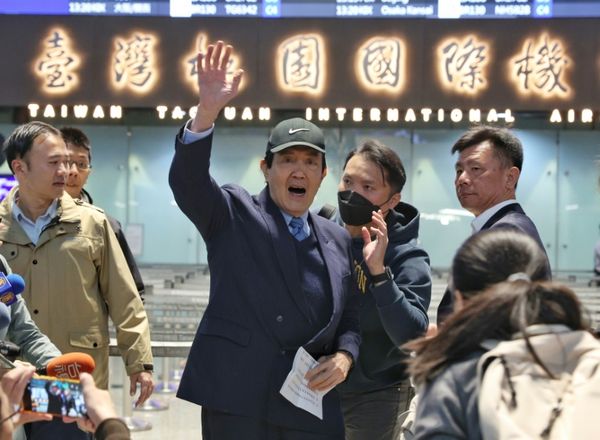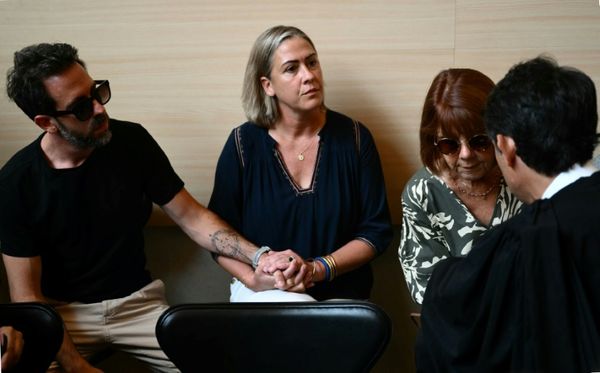
Twenty years ago, if you used the term foodie in conjunction with Abergavenny, you’d be regarded as one choir short of an Eisteddfod. Not too long before that, according to Franco Taruschio – grand old man of the Welsh gastro revolution – it was still dark ages. The populace didn’t know what lasagne was, never mind the vincisgrassi variant (wild mushroom and prosciutto) from Taruschio’s native Marche region, poised for transformation into signature dish of his celebrated restaurant the Walnut Tree outside of the town.
Today, as 30,000 visitors throng the streets for the second largest event in Wales, the Welsh Tourist Board can refer to Abergavenny without fear of ridicule as capital of Wales’ “foodie golden triangle”. And the town’s food festival can congratulate itself on having been both a reflection of the transformation and a central player in it.
The festival was started in 1999 by two small-hold farmers wanting to help redress the damaged public image and perilous financial state of their colleagues following the BSE catastrophe in the early 1990s.
“I’d started making organic ice cream with sheep’s milk and doing little events at agricultural shows, where the first British food halls were beginning to appear,” says Martin Orbach, still a member of the festival board.
“The first festival was focused on farmers and producers with stalls selling the new organic foods,” he adds.
There was also debate: Franco Taruschio persuaded one of his customers, the BBC newsreader Martyn Lewis, to chair a session on GM crops. Around 3,500 people paid a pound each for access to the big stone spire-topped market hall, still the epicentre of the event, which now extends throughout the whole town centre.
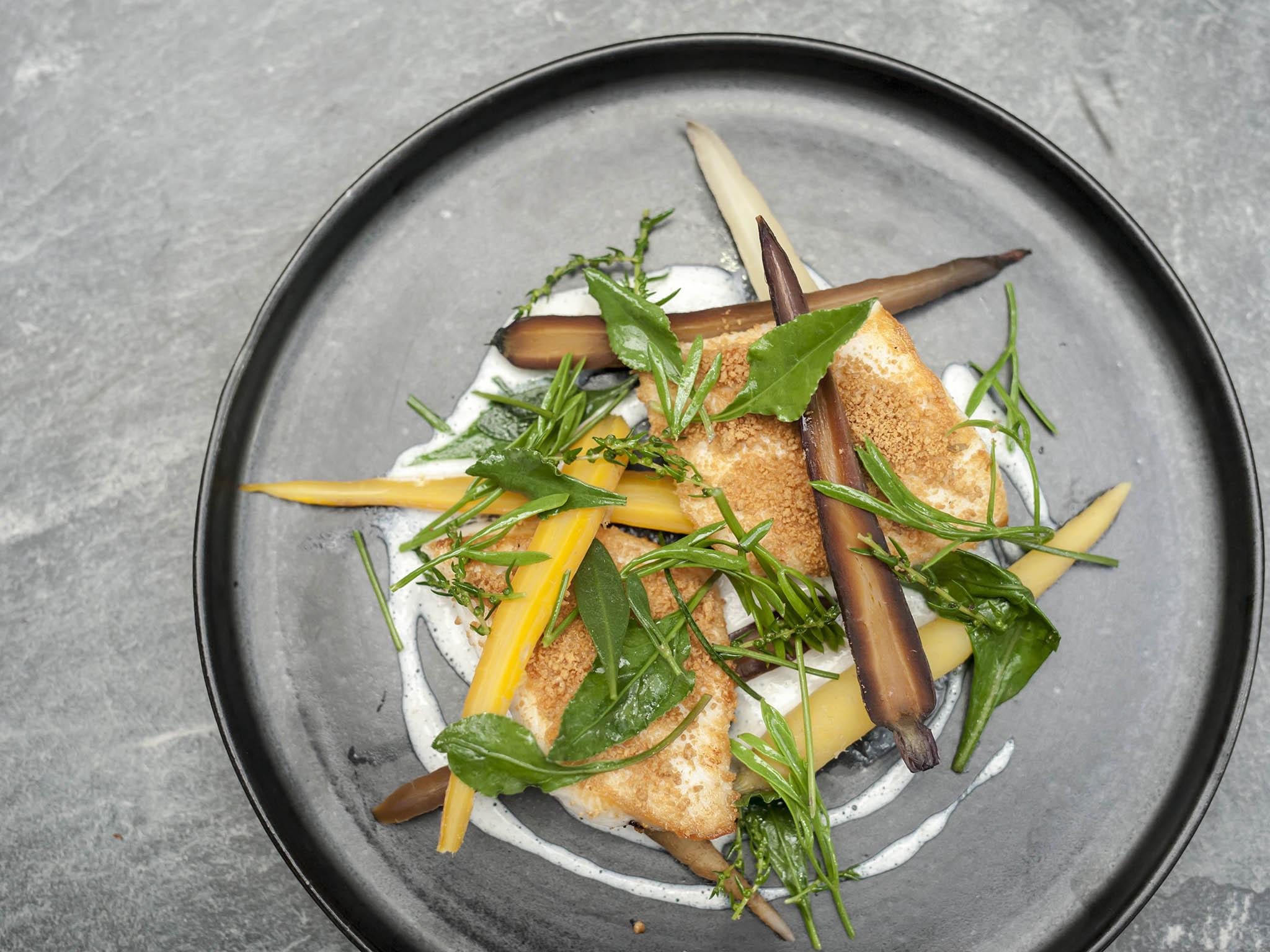
And two decades on, the UK festival scene has exploded, with the country now awash with instant events flogging street food, artisan gin and wannabe celebrities. And so much produce is now readily available the market side is not enough by itself, adds Aine Morris, current Abergavenny festival chief executive, meaning the experiences on offer are now crucial.
So the customary couple-of-hundred stalls of food purveyors still fill the area around the Market Hall, but a programme of dozens of book signings, tutored tastings, masterclasses, celebrity interviews, and guided excursions offers the real added value. This year there’s a new farmyard precinct by the ruined castle on the hill which also hosts the big Saturday night party. Radio 4’s Sheila Dillon is exploring "100 Years of Women in Food" in the Borough Theatre.
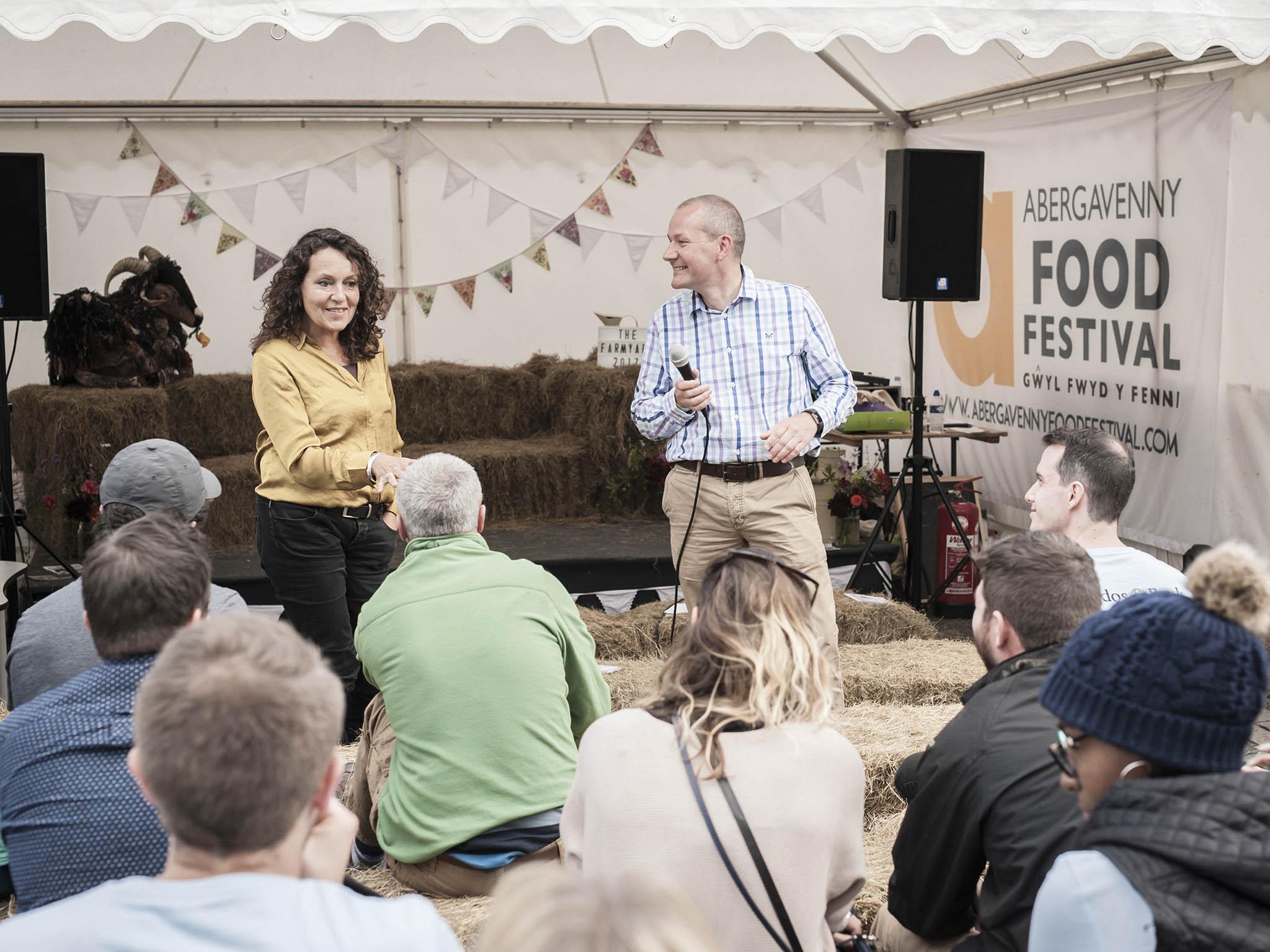
There are comparative tastings of three ways with goat, by goat rearer James Whetlor, four ways with mutton, by a panel of Welsh farmers, and Welsh wagyu beef, by chef Gareth Ward. Zoe Adjonyoh is demonstrating Afro-veganism, Skye Gyngell is cooking with leftovers, and 20,000 eels are to be released into Llangorse lake, followed by a barbecue with Freddy Bird, presumably not involving the eels.
Much of this is conducted by cooks and writers attracted mainly by the lure of Abergavenny’s prestige; the festival, unlike some, doesn’t pay fees even to star performers.
The festival’s lure does however include potential career advancement. Sarah Lavelle of Quadrille, one of half-a-dozen major publishers who attend regularly, comes to support appearances by her writers, who might sell a few dozen signed copies after the gig – not to be sneezed at, unless you’re Jamie Oliver or Tom Kerridge, who are used to sales in the hundreds of thousands.
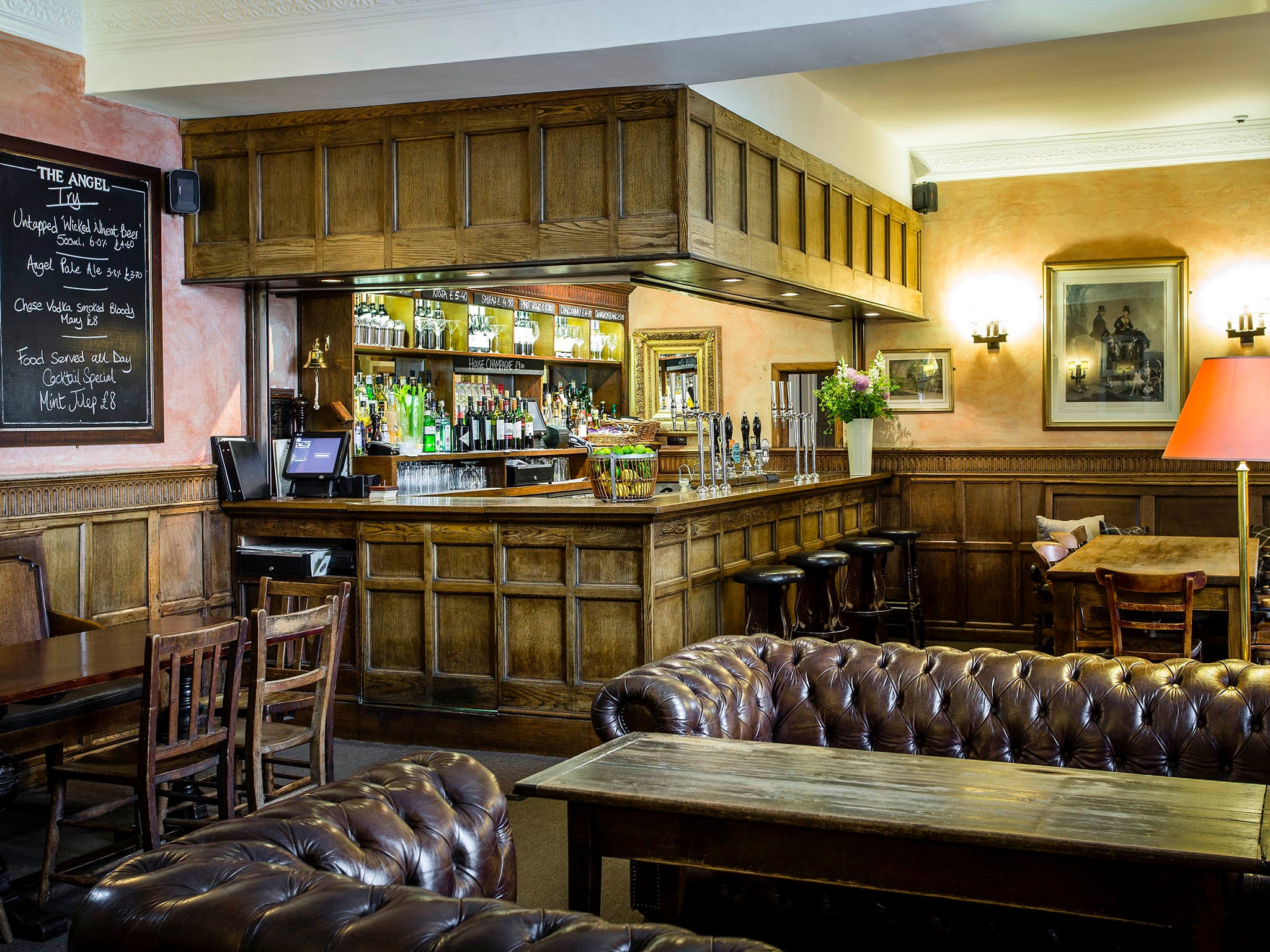
And Lavelle is also scouting for trends and talent, for which she considers Abergavenny unbeatable. “I commissioned the Hang Fire Cookbook after trying their stall here two years ago. I also met Kate Hawkings – whose book Aperitif we’ve just brought out – at Abergavenny.”
While Abergavenny’s guests and events programme is central to its success, an equally important factor is the way the town and the festival have grown hand in hand, so that Abergavenny is in effect its own star exhibit. As Shaun Hill – the Michelin-starred successor to Taruschio at the Walnut Tree – comments, the festival is special because it reflects reality, not some marketing idea.
Nothing more obviously demonstrates the symbiosis between town and festival than the tall grey Georgian hotel which officiates over the lower end of Cross Street. I remember forlornly consuming tea and biscuits in The Angel Hotel under the dreary regime of whatever brewery chain owned it back in the dark ages.
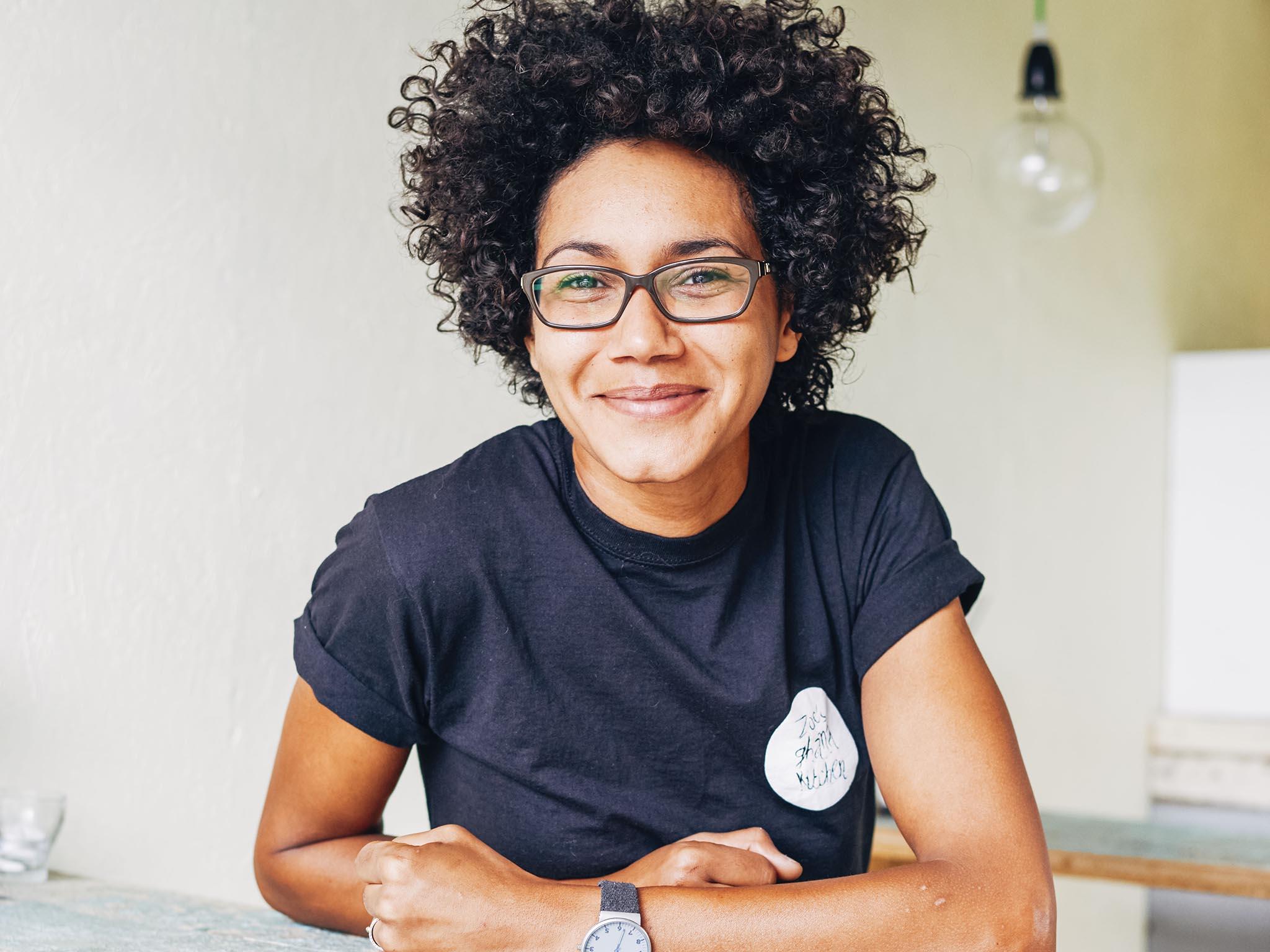
Today The Angel is a model every market town would aspire to, and well-heeled tourists queue for state of the art afternoon tea presented by that most un-Welsh of tradespersons – a tea sommelier.
Though not this weekend. During the festival, The Angel’s public rooms are heaving with writers, chefs, farmers and bon vivants of all sorts, besieging the panelled oak bar rooms, luxurious lounges and smart restaurant. If Abergavenny is the Cannes of the food world, then The Angel is its Martinez or Carlton.
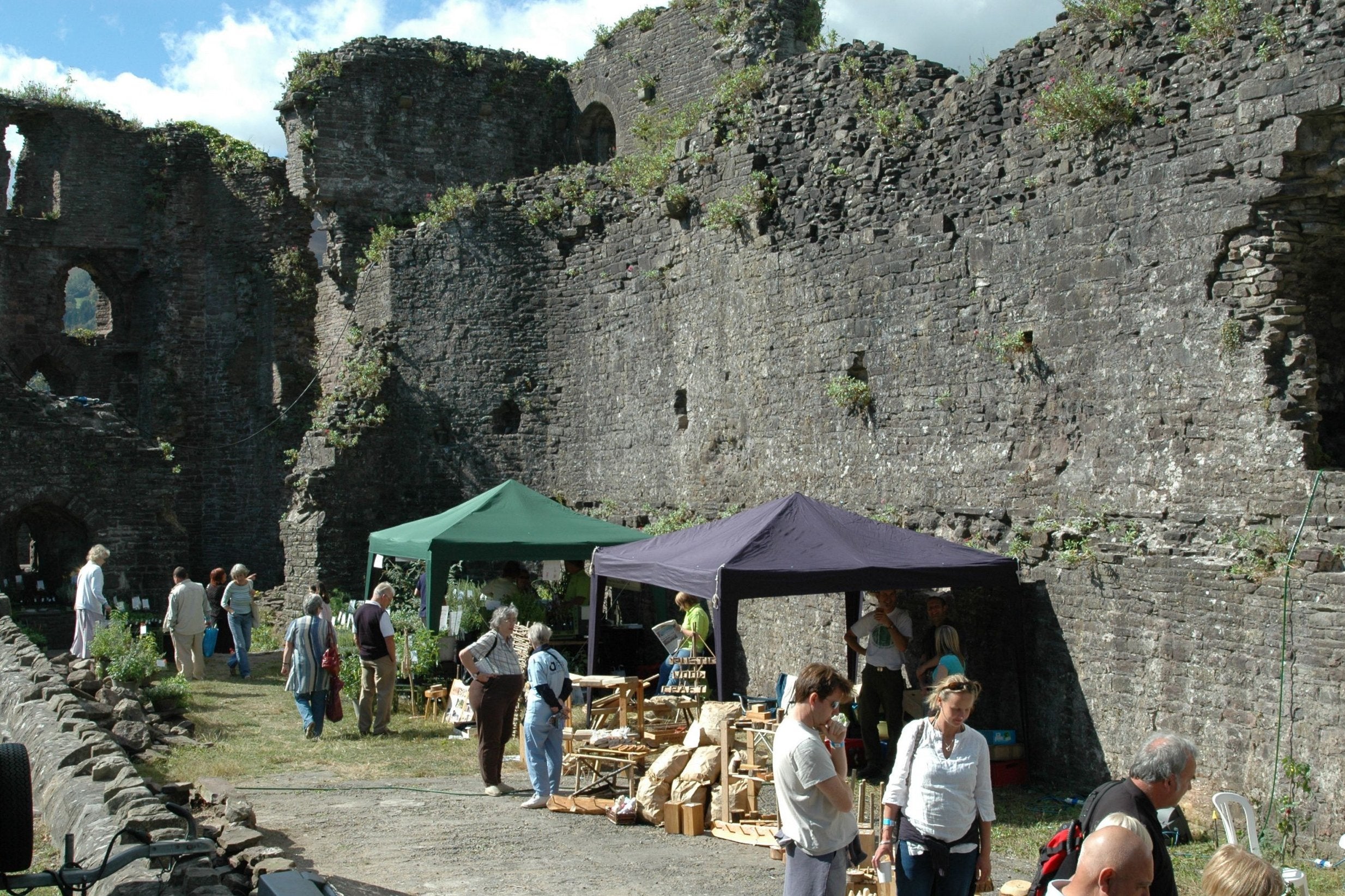
Responsible for this is a golden triangle dynasty up there with the Taruschios, Orbachs and Hills, but little known outside town.
Alun Griffiths, the patriarch, owner of one of the UK’s biggest civil engineering companies, is a founding festival sponsor, and wife Pauline the creator of a portfolio of pioneering Abergavenny galleries and cafes. In 2002, the Griffiths’ son William – steered into an international catering career by Franco Taruschio – returned to buy The Angel. He joined in the festival as soon the hotel’s roof-downwards renovation allowed space, with the event's new clientele and publicity helping to drive improvement, and also to bring in new recruits, attracted by the foodie gravitational pull. A new Angel Bakery, run by a couple of sisters from east London’s Shoreditch, now turns out massive-crusted sourdough loaves and the food for the traditional Thursday night pre-festival community feast.
The Griffiths' empire has incorporated, in partnership with Shaun Hill, the Walnut Tree, which it reclaimed from bankruptcy after the proprietors who took over after Franco Taruschio’s retirement allowed Gordon Ramsay to exacerbate their problems beyond redemption via an episode of Kitchen Nightmares.
And to fill the still sparse middle ground of the Abergavenny restaurant scene, Pauline Griffiths’ converted Bethany Chapel café has just signed on Kevin McFadden, a young London chef with St John, the Oxbridge of serious cooking, on his CV, also keen for a slice of the action.
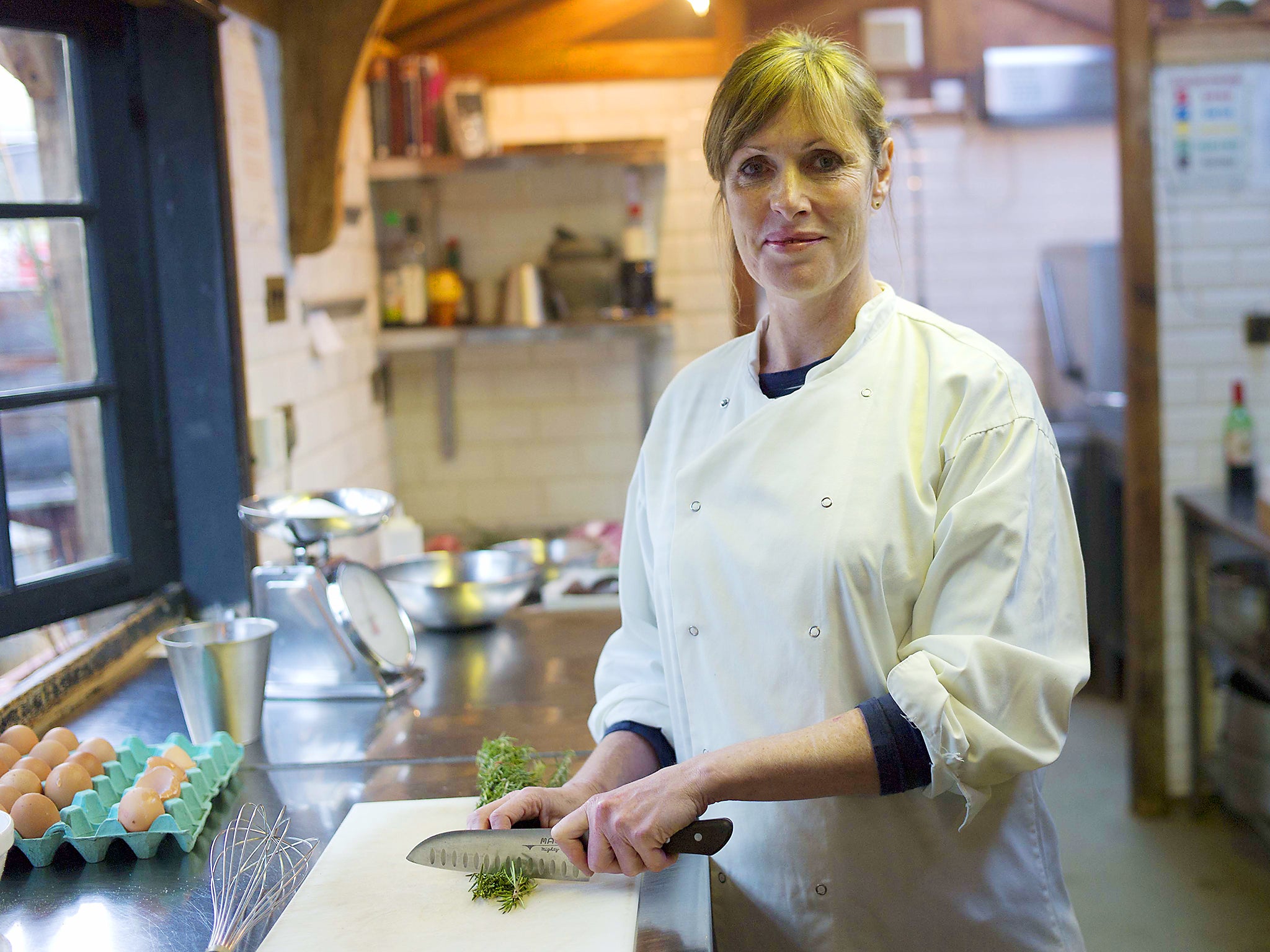
Notwithstanding all the buzz, the festival still needs subsidy to operate. The Welsh national and regional governments contribute a few thousand pounds, and another 40 or so sponsors and supporters include a fairtrade bank, distillers and food and kitchenware producers. Though for the first time this year, no supermarket.
Marks and Spencer was politely rebuffed, as was Morrisons, whose huge new Abergavenny store dominating the old cattle market demonstrates so well the wider influence of the food festivals, with its in-house “market street” of locally sourced comestibles where once multinational brands would have reigned unchallenged.
Festival input also comes from non-culinary Abergavenny. Last year Tom Kerridge’s appearance was underwritten by Premium Dental Implants, the “high end” Abergavenny surgery of a Dr Nigel Jones, providing a timely reminder that without adequate choppers, foodies might as well forget their 100-quid-a-go Welsh wagyu steaks and settle for Pedigree Chum. Dr Jones wanted to sponsor chef Jose Pizarro this year, having learned the London-Spanish tapas star had originally intended to be a dentist, but this heaven-made partnership was nipped in the bud by the organisers, whose new policy also drops individual event sponsorship.
Even in such a success story of course, not everything is rosy. There are complaints about the closure of streets and loss of trade to all the weekend newcomers, though the festival claims there’s a gain to the local economy of £4m per year.
Are there any darker episodes hidden among the 20 years of files? It seemed that Saturday evening might be the time to find out, when all the founders gathered at a round-table event called Festival Stories and Secrets. Asked for a taster of scandal, however, Martin Orbach could only come up with the time he got the Welsh Development Agency to pick up the tab for Anthony Bourdain’s business class flight from New York and gargantuan bar bill. This is frankly so tame by cheffy standards it’s obviously a smokescreen for something far far worse. It may take another couple of decades, but the truth will finally emerge.

